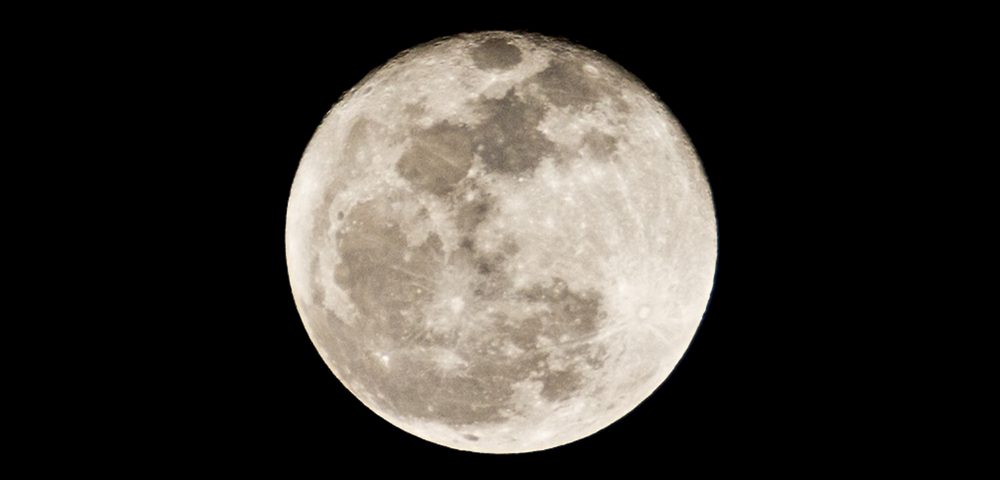Reaching for the Stars to Find a Cure for Huntington’s
Written by |

Do you recall the Apollo 11 mission that took place July 16-24, 1969? My wife, Jill, likes to remind me that she remembers reading about it in a history book. This summer, we will mark the 50th anniversary of the first humans landing on the moon. That may not seem like a big deal in today’s high-tech world, but back then it was literally reaching for the stars.
So why am I talking about aiming for the moon? As astute readers of this column will know, my daughter graduated last month. We attended her graduation ceremony and listened as the university’s president spoke about the people who made the moon landing happen. Think about it: They took equipment, some equations, a whole lot of hope, and built a rocket ship. Then, they took that rocket ship, added some fuel, launched it into space, landed it on the moon, and brought some of it safely back to Earth – all with less technology than we have in our phones today.
How did they do it? At what point did someone look up into space and think that it would be a fun place to visit?
Jill calls me a dreamer. I like to think about the future and how I can make an impact on it in a million different ways, just like the first person who suggested traveling to the moon. Jill, on the other hand, is a planner. She would have said, “Sure, let’s go to space, but how can we make it happen? How much will it cost? Do the positives outweigh the negatives?” She sees the value in dreamers but has a more practical approach to life.
While Jill and I have very different outlooks, we often have the same types of thoughts. As we listened to the speech, our minds began to wander. I started to ponder all of the ongoing research into Huntington’s and my belief in a brighter future for Jill and our daughter, who also has Huntington’s.
When I asked Jill what she was thinking about, she said that a Huntington’s cure is a lot like going to the moon. It seems very far away, and sometimes impossible to conceive of, but with all of the dreamers and planners working on finding one, it’s closer than you think.
***
Note: Huntington’s Disease News is strictly a news and information website about the disease. It does not provide medical advice, diagnosis, or treatment. This content is not intended to be a substitute for professional medical advice, diagnosis, or treatment. Always seek the advice of your physician or other qualified health provider with any questions you may have regarding a medical condition. Never disregard professional medical advice or delay in seeking it because of something you have read on this website. The opinions expressed in this column are not those of Huntington’s Disease News, or its parent company, Bionews Services, and are intended to spark discussion about issues pertaining to Huntington’s disease.






Leave a comment
Fill in the required fields to post. Your email address will not be published.